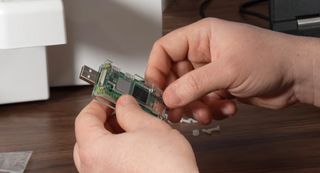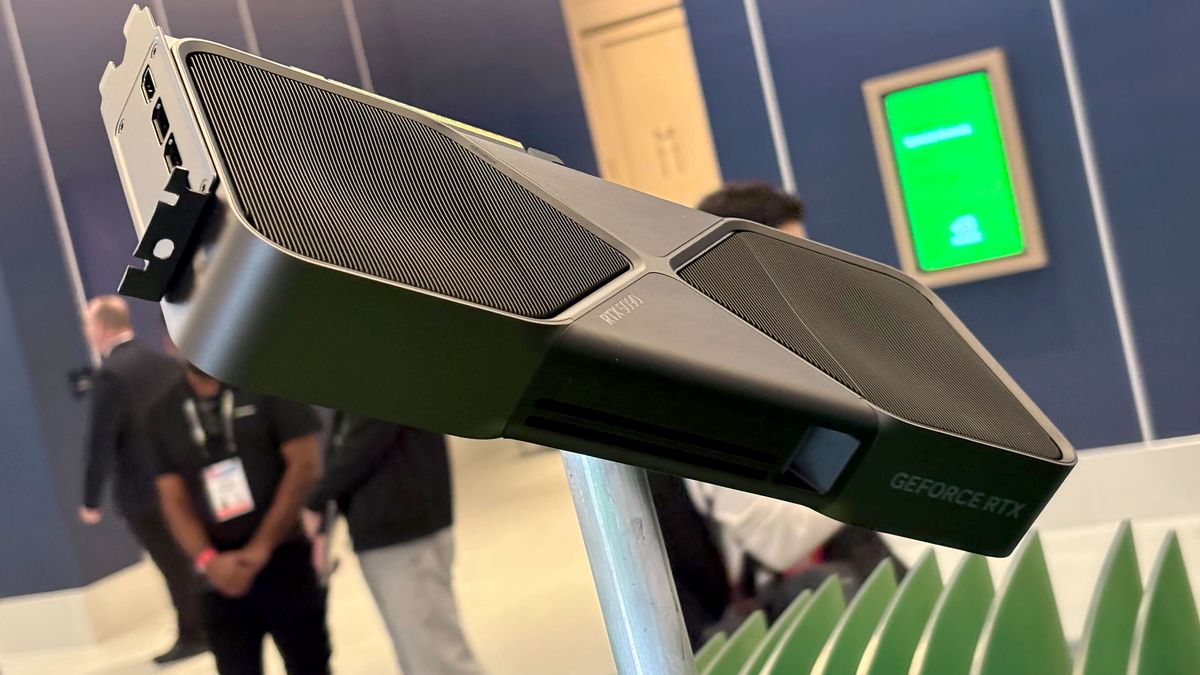You may know that it's possible to use a Raspberry Pi as a USB HID, but you can take this a step further by integrating that functionality with WiFI. Maker and developer The Feral Engineer has taken this idea a step further by using a Raspberry Pi Zero 2W as a flash drive that can be updated to over WiFi.
Setting up a Raspberry Pi Zero 2w as a Wi-Fi enabled flash drive - YouTube

With devices like embroidery machines or even 3D printers, it's common to require the use of a USB flash drive to access files for stitching, printing or whatever task the machine does. However, this can be a cumbersome process if you have to frequently move the flash drive back and forth between your PC and the device just to load files. That's where this project comes into play.
The Feral Engineer also points out that plugging and unplugging a flash drive over and over can cause the port to wear out, which is not ideal on an embroidery machine that costs around $2,000. Creating a single-point setup for the Pi to fill in was the perfect solution for his problem. Instead of plugging a flash drive in over and over again, he could plug this in once and use WiFi to update the files and digitally simulate a disconnect and reconnect.

You don't need too much power for a project like this, so The Feral Engineer is using a Raspberry Pi Zero 2W for both its power efficiency and wireless network capabilities. It connects directly to the embroidery machine using its USB Type-A port. You could recreate this project for a 3D printer assuming it also has a USB port for file loading.
You don't need any special software to pull off this project, but it does take a fair bit of work to get the device set up properly. The main operating system it's using is Raspberry Pi OS Light. The Pi is then programmed into gadget mode and setup so that the embroidery machine can recognize it as a USB device that is also accessible as a network device. There are a few guides referenced in the video that break down how this is pulled off, and we definitely recommend checking them out—one is from the official Raspberry Pi MagPi website and the other is from Silver Seams.
If you want to get a closer look at this Raspberry Pi project, you can check out the full build guide shared to The Feral Engineer's official YouTube channel.

 5 hours ago
2
5 hours ago
2







 English (US) ·
English (US) ·